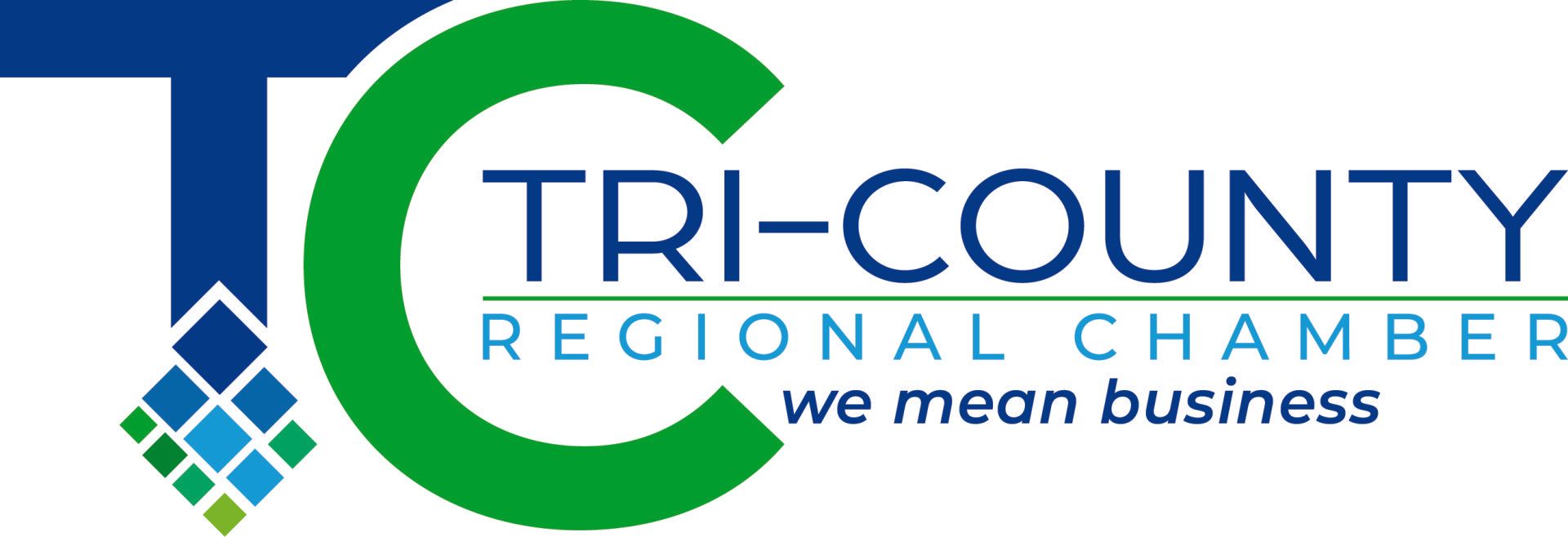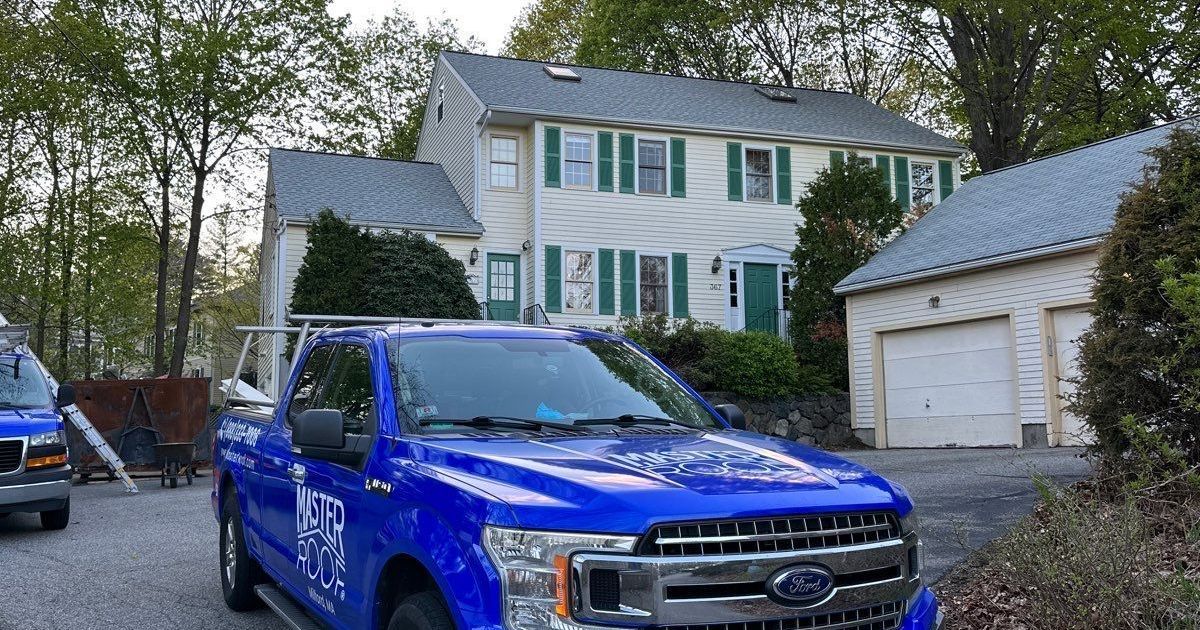Blogs
What Is Google Local Services Ads?
Google Local Services Ads (LSAs) are a pay-per-lead advertising tool that helps service-based businesses connect with potential customers in their local area. Unlike traditional pay-per-click (PPC) ads, LSAs appear at the top of Google search results, and businesses are only charged when they receive a qualified lead—such as a phone call or message inquiry—instead of just a click.
These ads display key business details, including customer ratings, business hours, and badges like "Google Guaranteed" or "Google Screened," which help build trust with potential customers.
How Do Businesses Qualify for Local Services Ads?
To be eligible for LSAs, businesses must meet certain criteria and go through Google's verification process. Here’s what it takes to qualify:
1. Operate in an Eligible Industry & Location
LSAs are available for a variety of industries, particularly in-home services, legal, healthcare, and other professional services. Some examples include:
- Home Services: Plumbers, electricians, HVAC contractors, locksmiths, landscapers, pest control, and house cleaners.
- Professional Services: Lawyers, real estate agents, tax professionals, and financial planners.
- Healthcare Providers: Dentists, chiropractors, and general practitioners.
- Other Local Services: Pet groomers, auto repair shops, and child care providers.
Google frequently expands the list of industries and locations eligible for LSAs, so it’s worth checking if your business qualifies.
2. Pass Google’s Verification Process
To ensure reliability and trust, businesses must complete a verification process that includes:
- License & Insurance Checks – Businesses must submit proof of licenses, insurance, and certifications required in their industry.
- Background Checks (For Certain Industries) – Some businesses (especially in-home services and legal industries) must pass criminal background checks, which Google handles through third-party providers.
- Business Profile & Service Area Confirmation – Companies must accurately list their services and locations to ensure their ads are shown to the right customers.
3. Earn a Google Badge: “Google Guaranteed” or “Google Screened”
- Google Guaranteed applies to home service businesses like plumbers and electricians. This badge reassures customers that Google will refund them (up to a certain amount) if they’re unhappy with the service.
- Google Screened is for professional service providers like law firms, real estate agents, and financial advisors. While it doesn’t offer financial protection, it shows that the business has passed Google's verification process.
4. Keep Licenses & Insurance Updated
Google requires businesses to keep all required licenses and insurance policies current to maintain their eligibility. Expired credentials could lead to ads being paused.
5. Maintain a Positive Online Reputation
Google factors in customer reviews and ratings when ranking LSAs. Businesses with higher ratings and more positive reviews tend to perform better. Best practices include:
- Actively asking happy customers to leave Google reviews.
- Responding to reviews—both positive and negative—to show engagement and professionalism.
6. Set Up & Manage Your LSA Account
Once a business is approved, they must:
- Create an LSA account
- Set a budget based on the number of leads they want
- Manage bookings and leads through the LSA dashboard
How Does the LSA Budget Work?
Google LSAs use a pay-per-lead model, meaning businesses are charged only when a potential customer takes action, such as calling or messaging through the ad. Here’s how budgeting works:
1. Weekly Budgeting
Businesses set a weekly budget based on how many leads they want to receive. Google then distributes the budget throughout the week to avoid overspending while maximizing the number of leads.
2. Bidding Strategies
LSAs offer two ways to control how much you pay per lead:
- Maximize Leads (Automated Bidding) – Google automatically sets bids to bring in the most leads possible within your budget. This is a hands-off approach but offers less control over the cost per lead.
- Set Max Per Lead (Manual Bidding) – Businesses can set the maximum they’re willing to pay per lead. This provides more control and is useful in competitive markets where lead costs vary. However, regular monitoring is needed to optimize performance.
3. Disputing Invalid Leads
If a business gets spam, irrelevant, or duplicate leads, they can dispute the charge through Google and request a refund for invalid leads.
How to Optimize Google Local Services Ads
To get the best results from LSAs, businesses should actively manage and optimize their ads. Here’s how:
1. Optimize Your Business Profile
- Keep business hours, services, and contact details updated to avoid misleading potential customers.
- Add high-quality photos of your business, team, or past work to increase trust and engagement.
2. Earn More Customer Reviews
- Google favors businesses with higher ratings and more reviews.
- Aim for at least five reviews with a rating of 3.0 or higher to stay competitive.
- Use Google’s review request tool or follow up with satisfied customers to ask for feedback.
- Respond to all reviews, even negative ones, to show that your business values customer feedback.
3. Respond to Inquiries Quickly
Google prioritizes businesses that respond to leads fast. Best practices include:
- Answer calls and messages promptly to improve rankings.
- Set up instant notifications for new leads.
- Have a dedicated person or team managing leads to avoid delays.
4. Fine-Tune Your Service Area & Availability
- Be specific when selecting service areas. Avoid overly broad locations that might attract irrelevant leads.
- Adjust ad scheduling to only run ads when you’re available to handle inquiries.
5. Monitor & Adjust Your Budget
- Keep an eye on your cost-per-lead to ensure you're staying within budget.
- Test different bidding strategies to see which works best.
6. Analyze & Improve Performance
- Use Google’s LSA dashboard to track impressions, leads, and conversion rates.
- Identify which services and locations perform best and adjust your strategy accordingly.
- Dispute poor-quality leads to avoid wasting budget.
7. List Additional Services
- Make sure your business profile includes all the services you offer to attract more potential customers.
8. Optimize Google Listing Profile
- Since LSAs are
closely connected to Google Business Profiles (GBP), keeping your GBP
accurate, up-to-date, and full of great reviews will help improve your ad performance. (More details here)
Google Local Services Ads are an effective way to connect with customers who are actively looking for services in your area. By optimizing your profile, gathering reviews, managing your budget, and staying responsive, you can boost your ad performance and attract high-quality leads.
Just like any advertising strategy, ongoing optimization is key. Keep testing, analyzing, and refining your approach to maximize results and get the most out of your ad spend.









